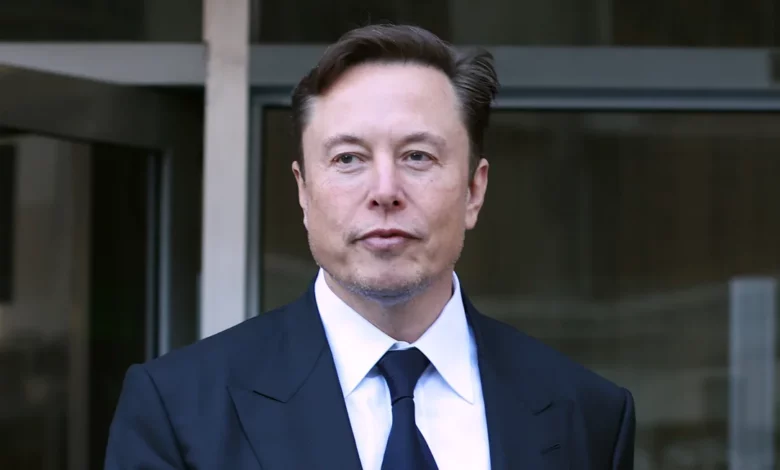
European regulators have charged Elon Musk’s X with breaching its sweeping Digital Services Act, accusing the platform of misleading its users among other violations.
“Today we issue, for the first time, preliminary findings under the Digital Services Act,” Margrethe Vestager, a senior official at the European Commission, said in a statement Friday. “In our view, X does not comply with the DSA in key transparency areas, by using dark patterns and thus misleading users, by failing to provide an adequate ad repository, and by blocking access to data for researchers.”
The company’s approach to so-called verified accounts “does not correspond to industry practice and deceives users,” the European Union’s executive arm added in the statement. Anyone can subscribe to obtain the “verified” status, it noted, and pointed to evidence of “malicious actors” abusing the blue check “to deceive users.”
If the Commission’s preliminary findings are confirmed, it could impose a fine on X of up to 6% of its global annual turnover.
X has not responded to CNN’s request for comment.
“Back in the day, blue checks used to mean trustworthy sources of information,” Thierry Breton, another senior Commission official, said in the Friday statement. “Now with X, our preliminary view is that they deceive users and infringe the DSA.”
The law went into effect in August. Among other rules, it bans what’s known as “dark patterns,” or the use of subtle design cues that may be intended to nudge consumers to give up their personal data or make other decisions the company might prefer. An example commonly cited by consumer groups is when a company tries to persuade a user to opt into tracking by highlighting an acceptance button in bright colors, while downplaying the choice to opt out by minimizing that option’s font size or placement.
The findings are a result of an ongoing investigation EU regulators launched in December. As part of the probe, EU regulators are also looking into X’s content moderation practices to assess whether the company has breached the DSA over dissemination of illegal content and failing to fight misinformation.
The formal investigation was opened after EU officials began asking questions of X earlier last year, amid growing concerns about the presence of Hamas-affiliated accounts on the platform following the terror group’s October 7 attacks against Israel.
This story has been updated with additional information.




